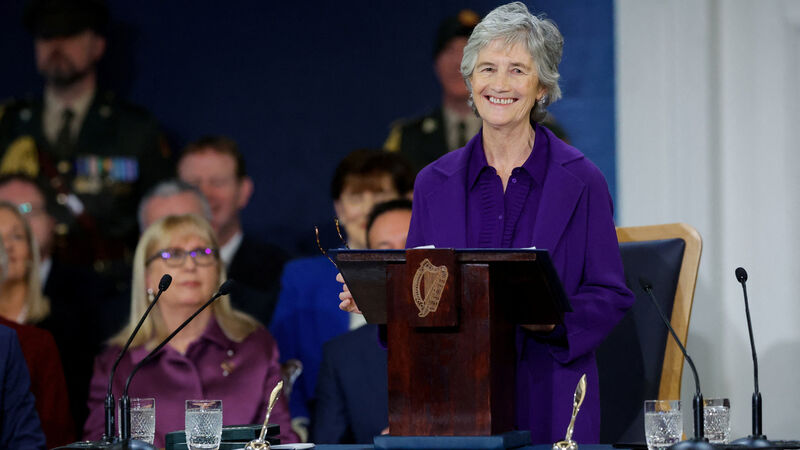Ireland’s new climate justice President

Catherine Connolly understands that the well-being of the people is linked to the ecological health of the place.
As Ireland celebrates the inauguration of our 10th President this week, world leaders and governments are convening in Belem, Brazil for the Cop30 international climate negotiations.
While expectations are low for transformative climate justice on the world stage, here in Ireland we can expand our ambition because President Catherine Connolly is a climate justice president.
CLIMATE & SUSTAINABILITY HUB















